I'm a Doctor and Lost 100 Pounds on the Carnivore Diet
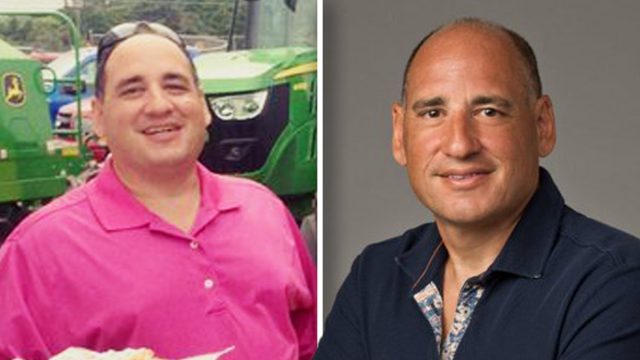
Do you want to lose weight eating all the meat you want? While it might sound like an unhealthy weight loss method, according to one heart doctor, it can be game changing for your overall health. Philip Ovadia, MD, board-certified Cardiac Surgeon and founder of Ovadia Heart Health, lost a whopping 85 pounds and transformed his life with the help of the carnivore diet. In a new interview with Body Network, he explains exactly how he did it.
Even Doctors Struggle to Lose Weight
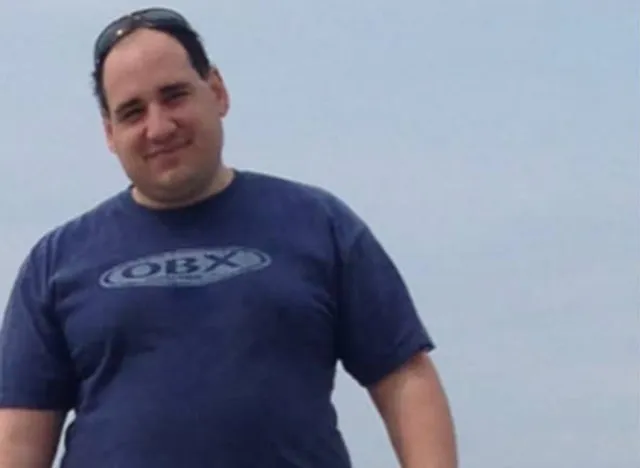
Dr. Ovadia, who is turning 50 this year and lives in St. Petersburg, Florida, had a moment of clarity that led him on his health journey. "As a morbidly obese, pre-diabetic heart surgeon, I realized that I was headed for my own operating table. I had tried to lose weight many times prior but would always gain the weight back (and more)," he says.
He Found His "True Why"
The game changer this time was finding his "true why," he says. "To serve as a better model for my children, to ensure that I was there for my children, and to do better for my patients were all strong motivators that paired with the proper knowledge and tools," he explains, "finally allowed me to lose the weight and maintain that weight loss now for nearly 8 years."
He Lost 100 Pounds in 2 Years
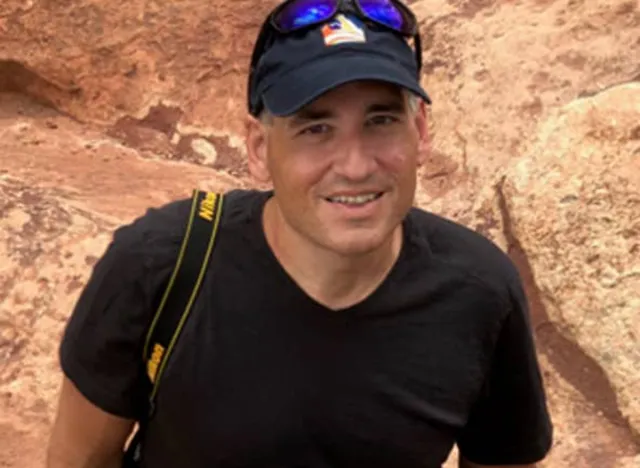
Dr. Ovadia, 5' 7", topped the scales at 275 pounds. "I currently weigh 190 pounds. My lowest weight was 170 pounds. The majority of weight that I have added back from my low has been added muscle," he explains. The 100 pounds of weight loss occurred over 2 years (2016-2018)
He Focused on General Health

Instead of focusing on fat loss in specific areas of his body, he took a comprehensive approach. "I don't have any particular parts that I focus on," he says. "I focus on general health."
He Eats Meats and Animal Based Products
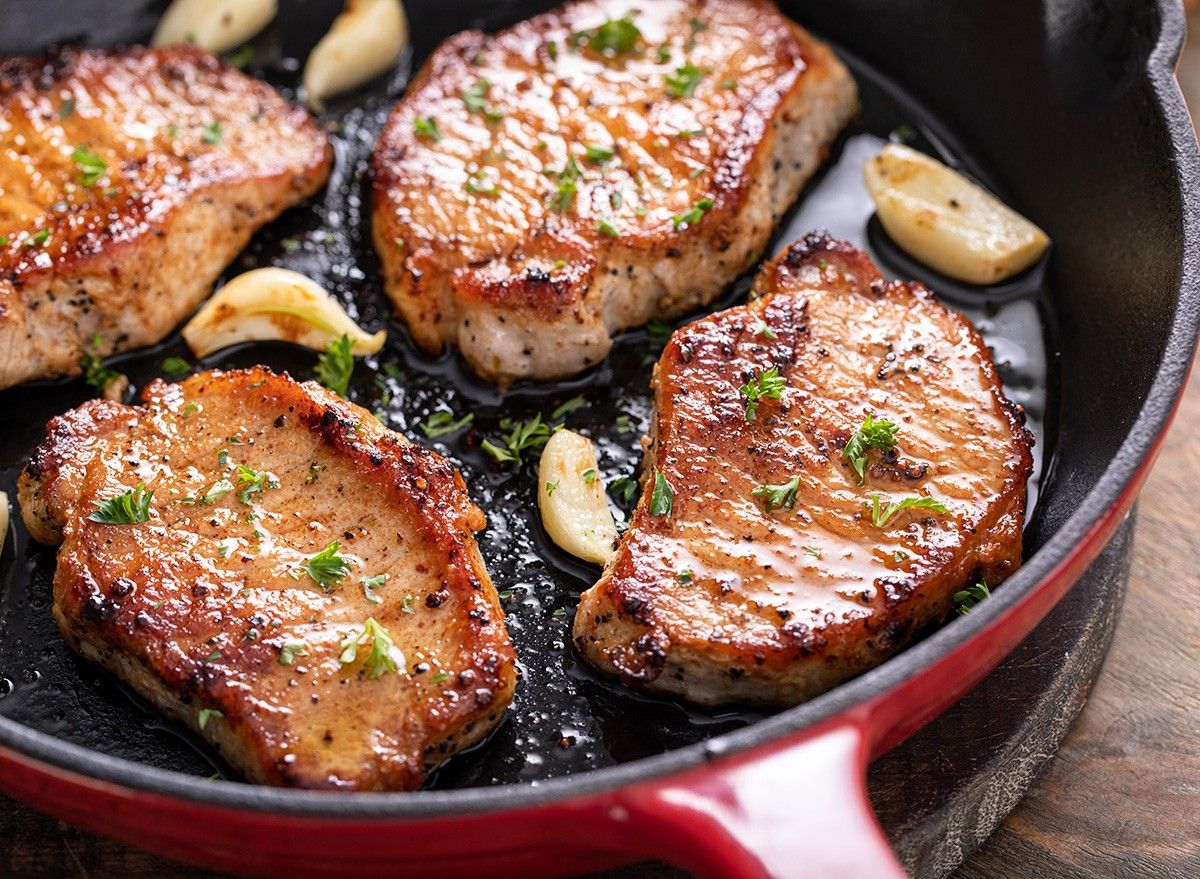
"I maintain a nearly exclusive carnivore diet and consume meats of all kinds, seafood and other animal based products such as dairy and eggs," says Dr. Ovadia about his diet. "On a typical day, I will eat 2 meals. For example, ground beef with eggs mixed in for one meal and a steak and/or seafood for a second meal."
He Eliminated All Processed Foods
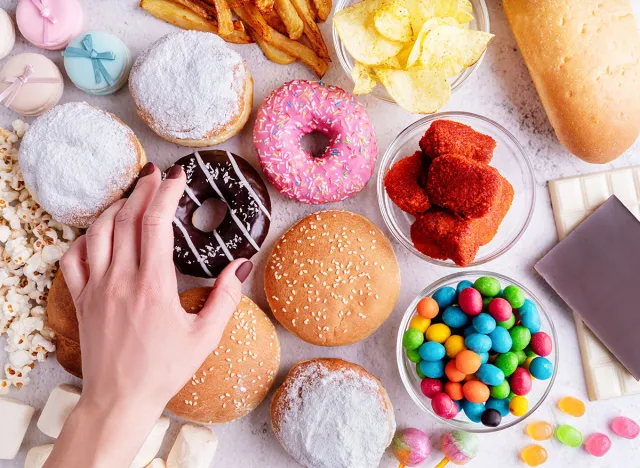
He totally eliminated processed food from his diet. "If it comes in a box or a bag and it has an ingredient list that isn't composed of whole, real foods, I stay away from it," he says. "I mostly avoid carbohydrates with the exception of those that are in dairy products and an occasional non-processed carbohydrate such as a baked potato or avocado."
He Does Resistance Exercise

As for his workout, he focuses on resistance exercise of any form, including weights, bands, and body weight. "Building and maintaining muscle is essential to optimize metabolic health and avoid insulin resistance. Having more muscle helps us to burn excess energy that we consume, and muscle also serves as an extra depot for glucose to help avoid excess blood glucose levels," he says.
He Has Achieved "Optimal Metabolic Health" and Reversed His Insulin Resistance
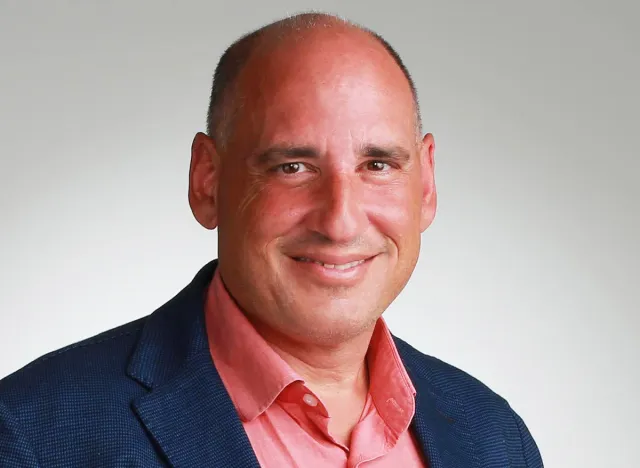
His biggest achievement when it comes to his body is "achieving optimal metabolic health and reversing insulin resistance," he says. "My #1 tip is to work with a practitioner that understands what insulin resistance is, how to test for it and how to reverse it," he says.
The Biggest Myth, He Says? Red Meat Is Bad for Your Health
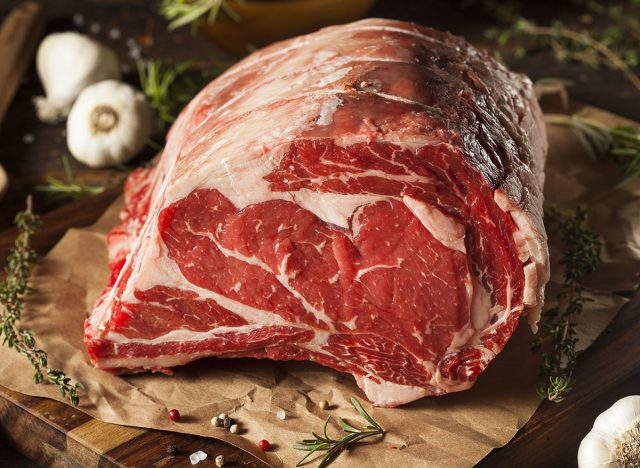
He also notes that there are "so many" health myths that he has debunked over the years, especially "the entire concept of the food pyramid and that calorie restriction is the best way to lose weight," he says. "The biggest myth I know to help people to overcome is that red meat is harmful for our health. Red meat is the most nutrient dense, complete food that we can (and should) eat."
He Measures Progress by 5 Markers of Metabolic Health
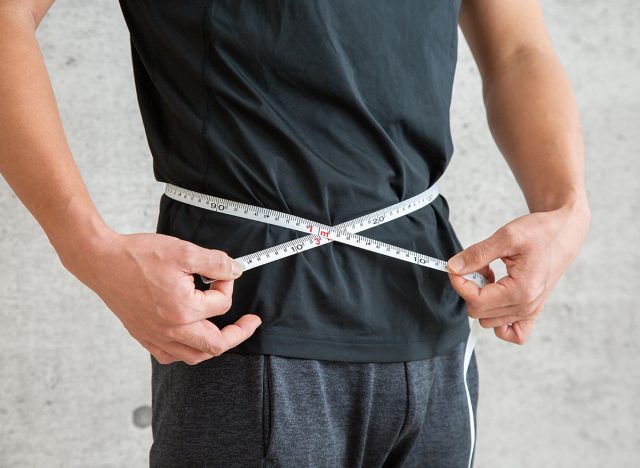
How does he measure progress? The five markers of metabolic health: Waist circumference, blood pressure, blood glucose, HDL cholesterol, and triglyceride levels
Sustainable Weight Loss Is About "Rethinking What We Eat"
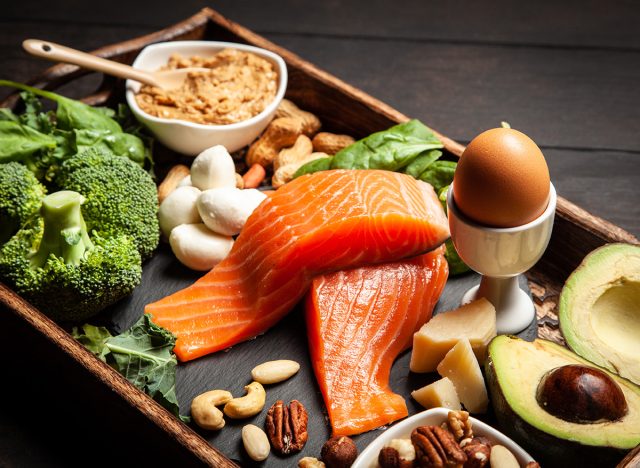
As for challenges and setbacks, "it is important to remember your why and the simple basic principles, like eating whole, real food," he says. "Sustainable weight loss and good health isn't about restricting but rethinking what we eat."
He Is Excited That People Are Paying More Attention to Metabolic Health

A fitness-slash-nutrition trend he is excited about is the increased awareness of metabolic health and insulin resistance. "This includes increased use of continuous glucose monitors to help people understand their response to the foods that they are eating," he says.
He Finds Fitspiration in Others — And Himself
As for fitness inspiration and people who he follows on social media, there are many. Gary Taubes, Nina Teicholz, Shawn Baker, Tro Kalayjian, Maria Emmerich, Ben Bikman, Robert Cywes, Brian Lenzkes, and himself (@ifixhearts) are on the list.
Do Your Research
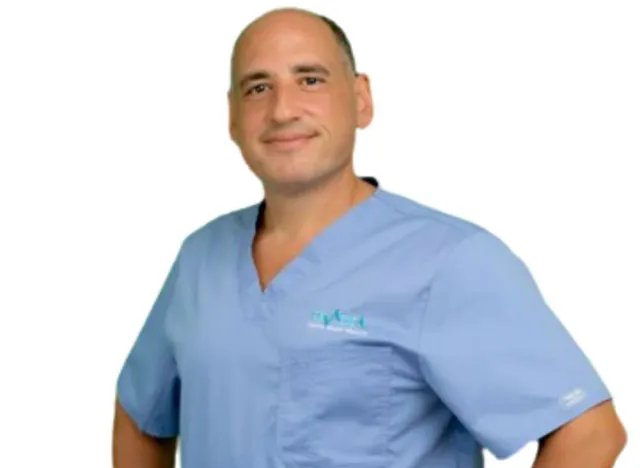
His advice for someone just starting their fitness journey? "With the right information, anyone can be empowered to take back control of your health. Just because prior efforts may have not succeeded doesn't mean that a different approach won't work," he says.
Schedule Time to Exercise

Another trick he suggests? "Schedule time to exercise on your calendar, and don't let perfect get in the way of good enough," he says.
He Calls it "Our Ancestral Diet"
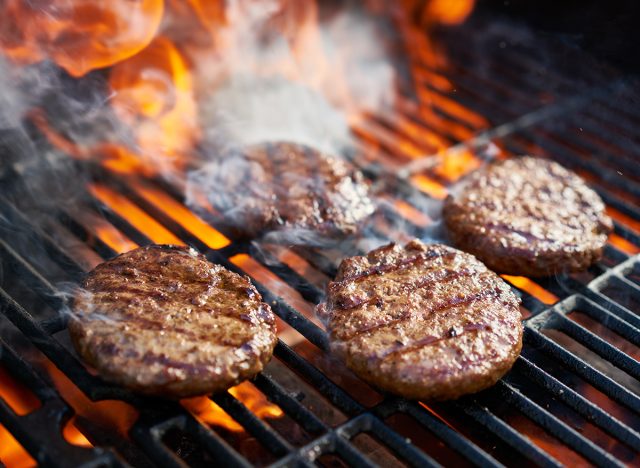
In a press release discussing the diet, Ovadia calls the carnivore diet "our ancestral diet." He explains that as long as humans have been around, meat has been a fundamental part of their diet. Ancestral humans would add plants, like fruits and vegetables, "seasonally and sporadically," he says.
Carnivore Diet Includes Meat, Dairy, and Eggs
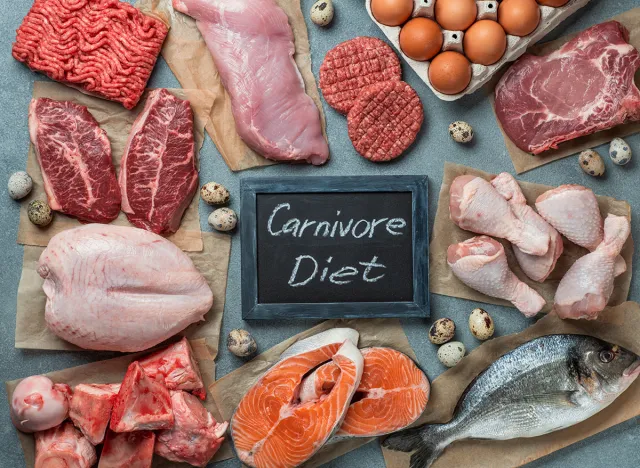
The current carnivore diet includes animal products like meat, dairy, and eggs, omitting plant products and processed food. Some people modify the diet to fit their needs. For example, some people cut out spices and seasonings on their meat, while others use them.
Meat Has Similar Nutrients to Plants
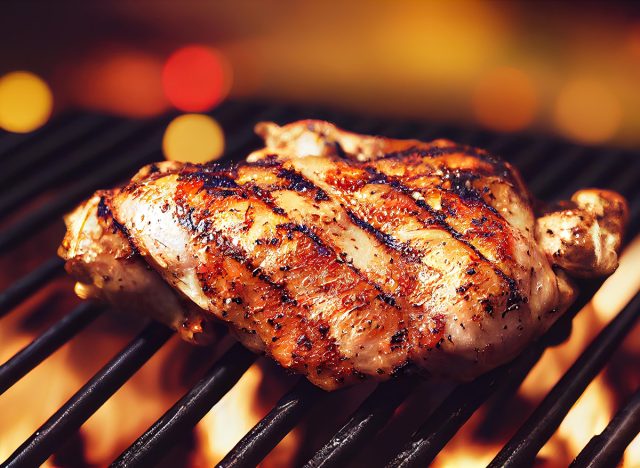
And, despite popular belief, there "are no essential nutrients that are not available in animal products," he says. "The animal has eaten the fruits and vegetables. In many cases, ruminant animals like cows have multiple stomachs that are better able to digest the plant products and better able to extract the nutrients. Those nutrients end up in the animal meat."
He Also Digs Into the Scientific Literature
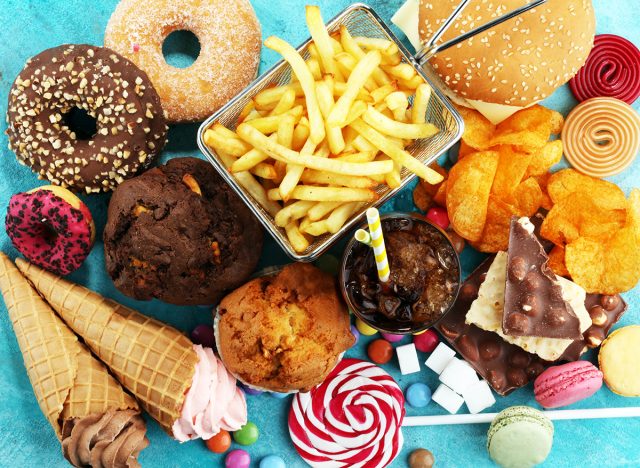
"When you really dig into the scientific literature around fruits and vegetables, their benefit is in substituting for processed food," he adds. "In the context of someone eating a lot of processed food, when you start eating fruits and vegetables, you see improvements in health."
Carnivore Is Similar to Atkins and Keto
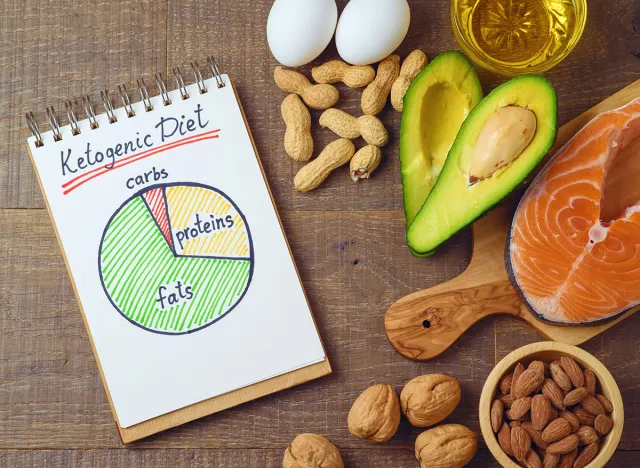
And, he notes that studies have debunked the myth that red meat increases the risk of heart disease and cancer. He also points out that the diet is similar to other low carb diets, like keto and Atkins, which have studies backing them up. And if you enjoyed this article, don't miss these 20 Superfoods for People Over 50.




